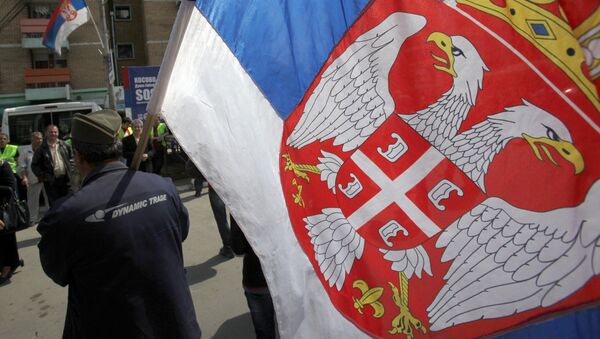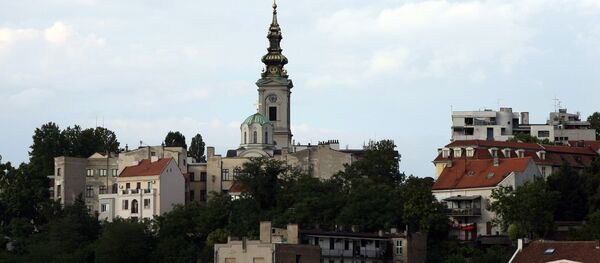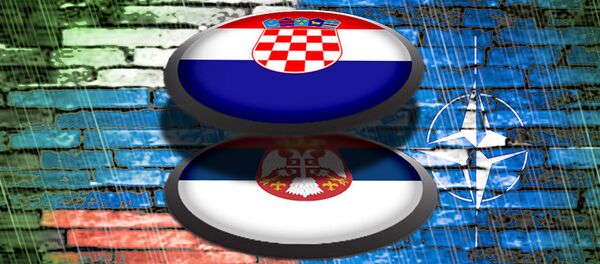Serbia Forced to Choose
Speaking at the Serbian Economic Summit in Belgrade this week, Yee complained that Serbia's continued cooperation with Russia while courting Brussels was akin to 'sitting on two chairs', adding that Belgrade should look at the cases of Croatia and Montenegro, which joined NATO in addition to the EU, as examples of what the US would consider model behavior.
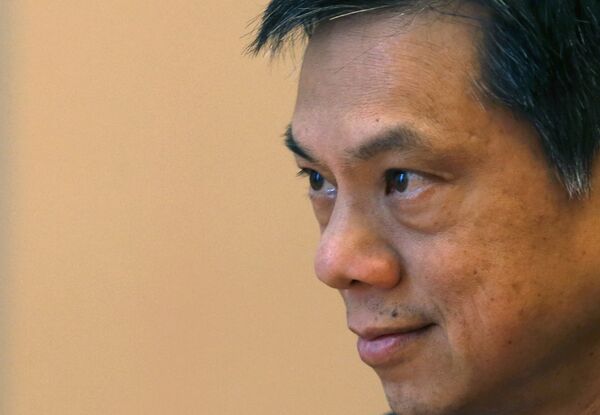
Washington 'Makes Brussels Look Like a US Protectorate'
Commenting on the diplomatic schism growing out of Yee's remarks, political observer Dragomir Andjelkovic told Sputnik Serbia that the US diplomat's behavior was "extremely cynical," with the US, a country that's not even a member of the EU, attempting to set the conditions for Serbia's EU membership. Yee's comments humiliate both Brussels and Belgrade, Andjelkovic said, and make Brussels out to look like some kind of "American protectorate."
US Losing Grip in the Balkans
For his part, Dusan Prokovic, a researcher at the Belgrade-based Center for Strategic Alternatives, stressed that Serbia and Russia should expect more statements like Yee's in the future, given a sense of "nervousness" in Washington that it is losing its grip in the Balkans.
"If we compare the current situation with that which existed just five years ago, US influence is now incomparably smaller," Prokovic stressed. "If you want to talk about the Balkans, Russia is becoming an increasingly active player, as indeed are China and Turkey…Simply put, the United States is a superpower in decline, and the space they are leaving here is being filled by other powers."
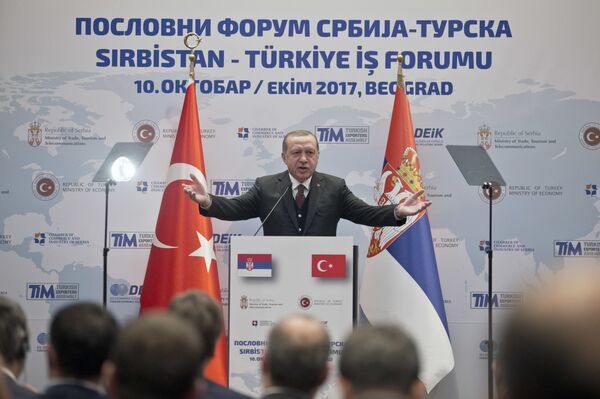
According to the observer, Yee's remarks serve neither Washington's interests, nor those of the Balkan states themselves. "A completely different approach is needed –one that harmonizes positions on what needs to be done, because the American vision for regional security has proven nonfunctional," Prokovic noted. "Yee tells us we must recognize Kosovo's independence, abandon support for [Bosnia's] Republika Srpska, support the US position on Ukraine and the Middle East," etc.
"In the 2000s, many Balkan states supported Washington in every area, but received no benefit from doing so. Standards of living did not rise, internal conflicts were not resolved, and these countries' position in the international arena was not improved. Of course, the US can be involved in the solution of issues in the region, like other major powers, but in the current approach the US is more a generator of problems rather than a generator of solutions."
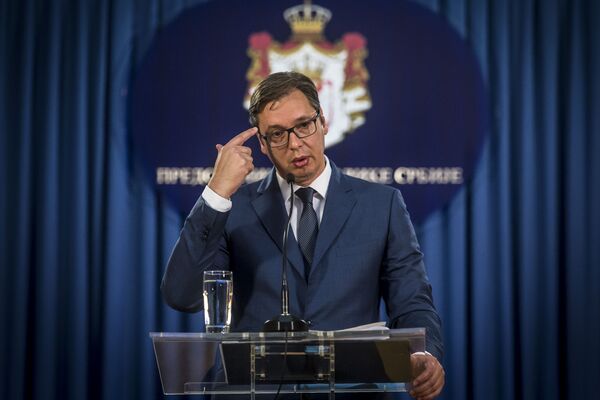
According to Andjelkovic, Belgrade must continue to balance its cooperation with all major players in international politics. Serbia, in his view, is situated in an area dominated by the West, and hence is vulnerable to its threats. At the same time, Russia is an extremely important partner to Belgrade, protecting Serbia's interests in Kosovo and Republika Srpska.
"The most important question is whether Yee's remarks are the policy of the US deep state, or the new official policy of the White House. The answer to that question is something we will find out soon enough," Andjelkovic concluded.
